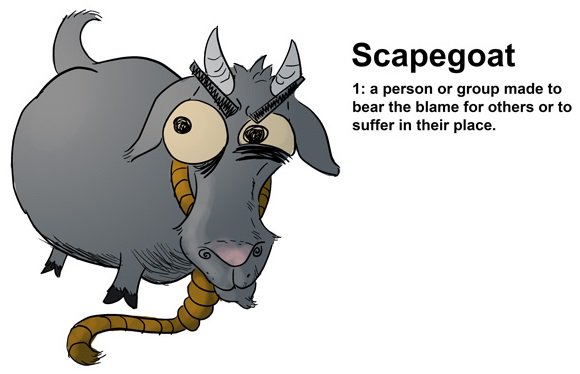A lot of these ideas are obviously well intentioned, but at best, have neutral effects.
Some of them are even harmful.
He hits a lot of the same points we'll be discussing today.
bugeric.blogspot.com/2017/10/saving…
A human can give birth to, maybe, 30 offspring over a lifetime?
Which is a crazy amount of babies.
Colorado Potato Beetle females do that daily.

However, insect reproduction is at another level.
Bugs literally pump as many babies into the world as they possibly can.
Mammals don't do that.
R-selection: Pumping as many babies into the world as possible, with minimal investment
K-selection: Having fewer offspring, but higher investment in those offspring
Some, like the tsetse, lay only 10 or so.
The @stlzoo works on these
In the late '80s, scientists tracked egg production in Monarchs after 1 (dotted line) or multiple matings (solid line).
They'll make 25-50 babies/day, depending on how many times they've mated.

...but there are also parasites.
OE is passed on through the eggs.
1.) It's likely old, and has already reproduced a few times.
2.) There's a 50% chance it's a male (and there are plenty of males about)
3.) OE infection risk is 1 in 3.
Bees are...weird. I'd argue they're generally K-strategists, since most social species reproduce in colonies.
However, the bees you're most likely to meet are workers. Reproductives, particularly new queens, are very rare
You don't need to worry about every bee
1.) Grooming: They need to get the pollen off their hairs to fly well.
2.) Thermoregulation. Bees can get hot/cold, depending on the weather.

It will happily take food, but it also probably doesn't *need* food.
Bees have threat displays which just so happen to look a lot like human congratulatory behavior.
That's...not a great idea.

Beekeepers will feed them, if need be.
wired.com/2015/04/youre-…
If something causes workers to gather from different colonies, it's likely to spread diseases amongst the bees.
Those bees may also act to spread diseases among the native bee populatons.
Well, insect conservation is done at the population level. For bug conservation to work, it's not every individual that matters...it's healthy populations.
xerces.org/pollinator-con…
You can build a really nice pollinator garden for relatively cheap!
Milkweed is notorious for spreading monarch parasites, if not maintained.
google.com/url?sa=t&rct=j…
google.com/url?sa=t&rct=j…
However, at the same time, there are things you can do that are a bit more helpful and more worthy of your time.








